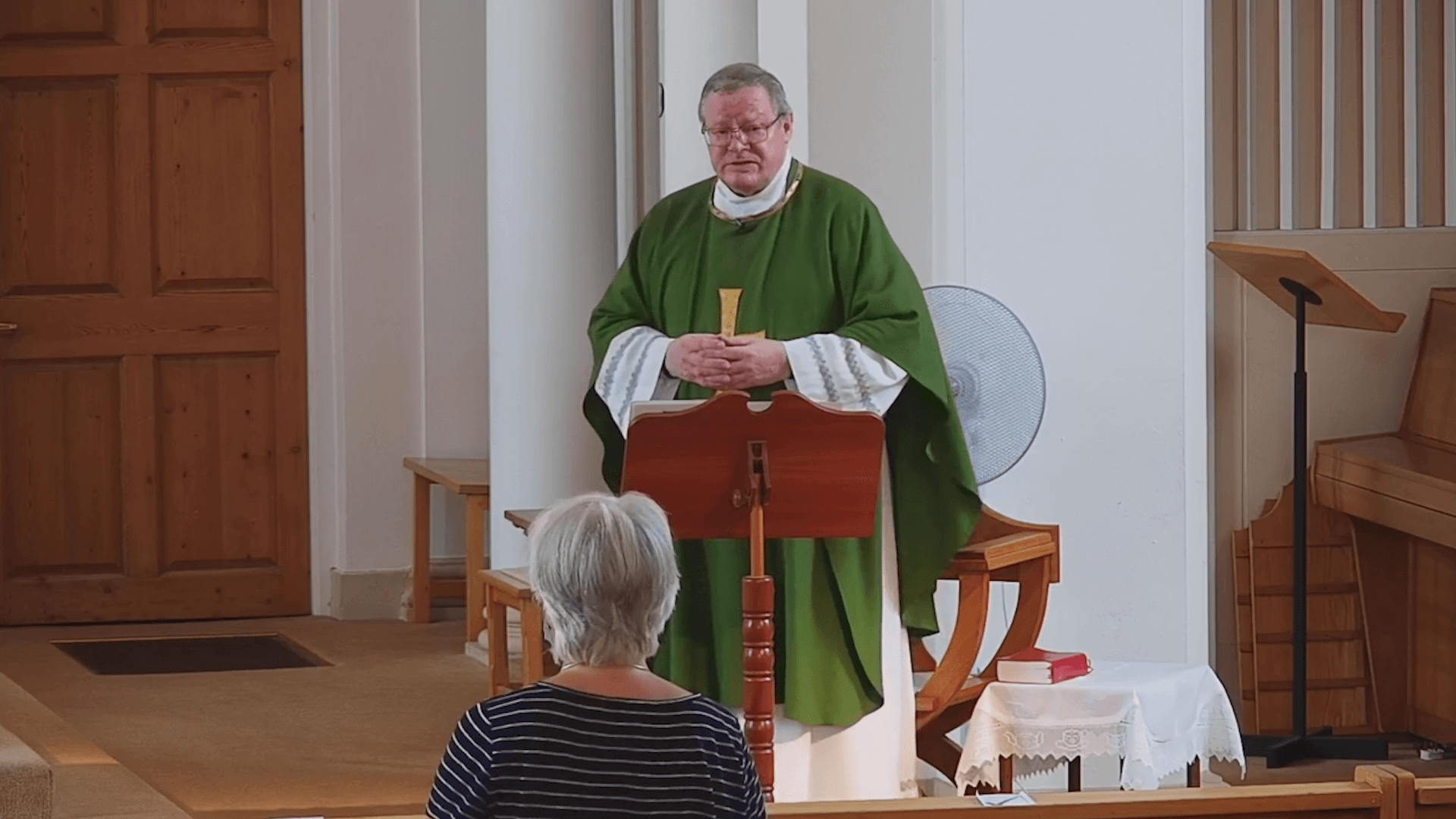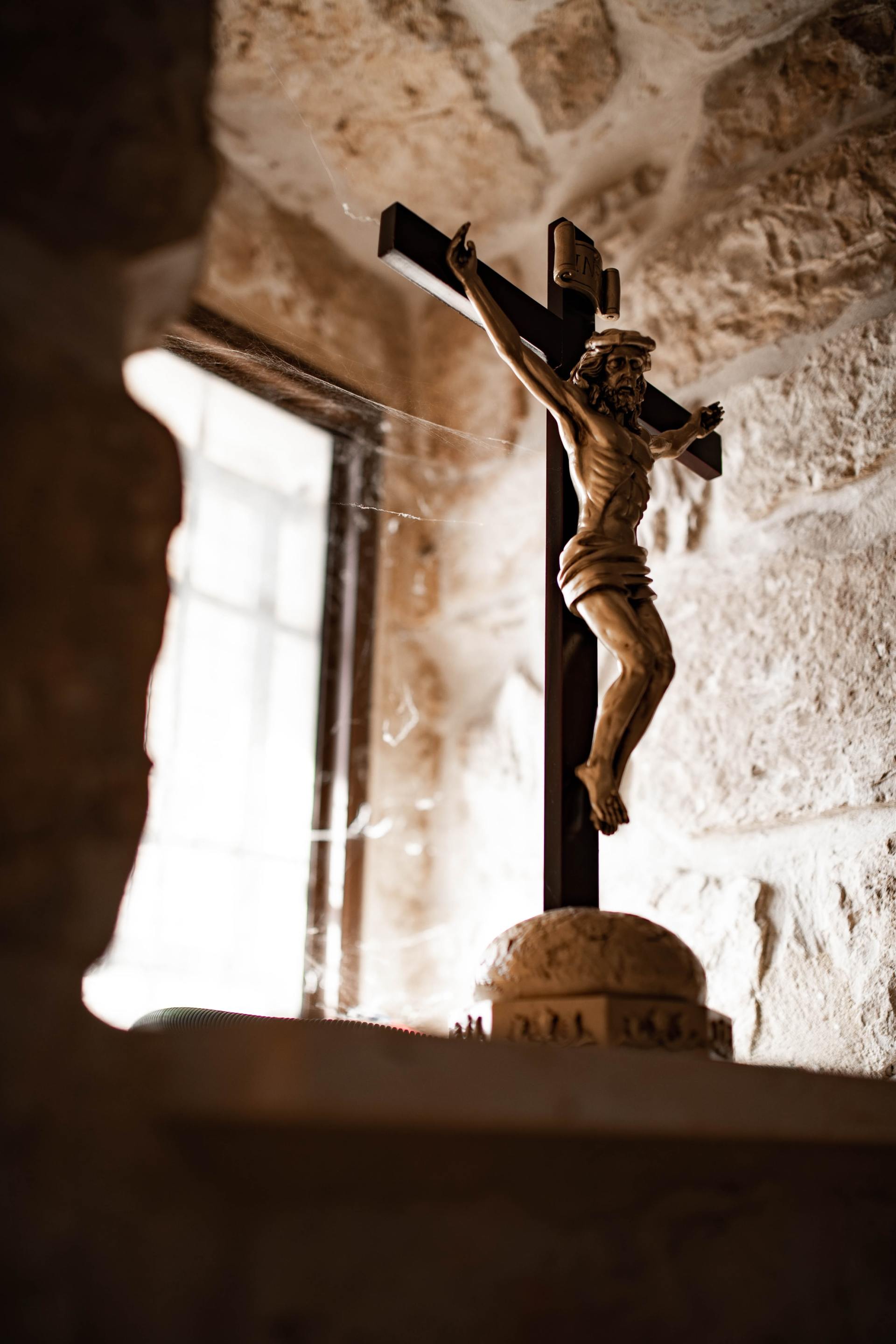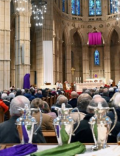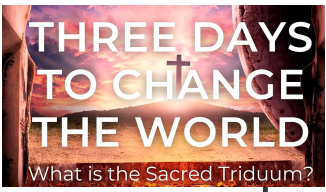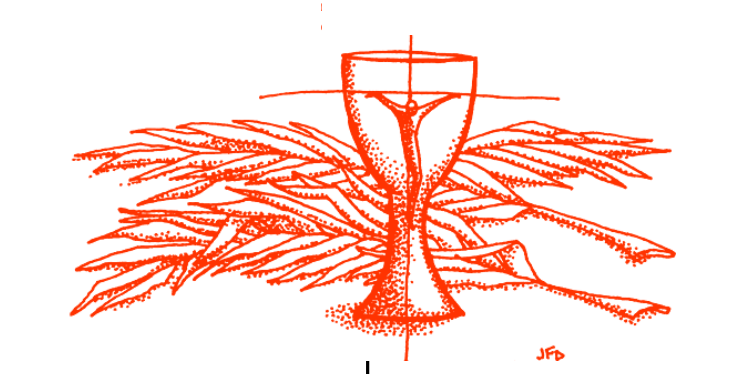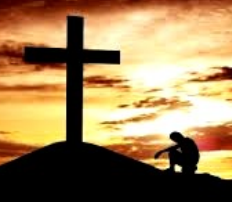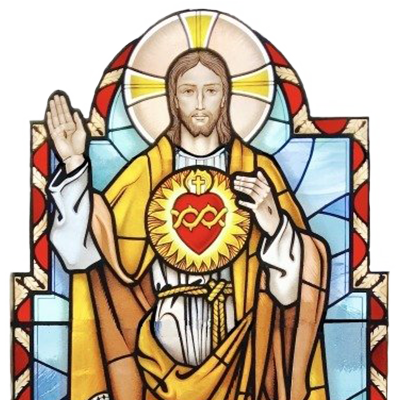Sunday 10th October 2021
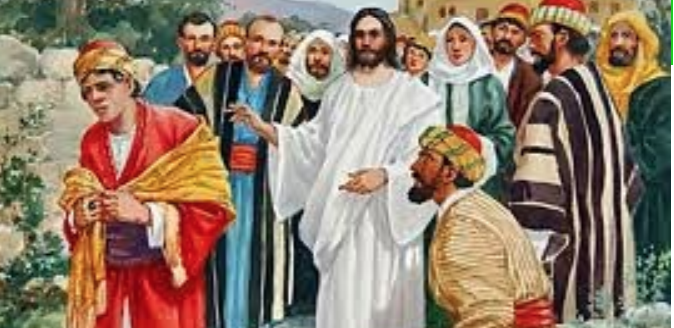
One the way to Jerusalem, Jesus continues to make radical demands of those who want to be his disciples. Last weekend it was about marriage; this weekend it is about money. We meet a man who has a sense of his own mortality and a hope for eternal life. He comes eagerly and respectfully to Jesus. The eternal life that the man is seeking is the gift of God. Then Jesus places the man within his own faith tradition, quoting to him some of the Ten Commandments along with the Markan addition of “you shall not defraud.” The man replies that he has kept all these commandments.
Jesus gazes at the man and loves him so much that he gives him the radical answer that his radical question deserved. Jesus asks him to discard everything, to extend his love of God to the poor by selling all that he owns and giving the money from this transaction to them, leaving himself dependent on nothing but treasure in heaven, and then to come and follow Jesus. To stand bare and dispossessed before the God who is good, with radical trust in God’s gifts, is the way to eternal life for which the man had approached Jesus. But then a shadow falls over the bright landscape of this encounter of eager love. The man is shocked by Jesus’ reply, and instead of following he goes away “sad for he had many possessions.”
There is certainly much of what we can be possessive - ambitions, relationships, social status - but Mark does not want us to leave the question of wealth and material riches too quickly. It is surely significant, especially for disciples in affluent social situations, that this portion of the gospel continues with two more conversations: one with the disciples who are with Jesus and have witnessed his meeting with the rich man, and the other with Peter who wants to clarify the disciples’ situation.
Just as Jesus had looked at the man, he now looks around at his disciples with the same look of penetrating love - and he looks at us, his Church. He tells us that riches are a great obstacle to entering the kingdom of God, and calls us “children,” reminding us that we must have a sense of our dependence on God for all good gifts. To drive his point home, Jesus makes an exaggerated and metaphorical comparison. For a rich person to enter heaven is as difficult as a camel going through the eye of a needle! The disciples do not have the wisdom of the first reading, and are still caught in the convention that sees riches as a sign of God’s blessing; so, more astonished than ever, they as one another: “Then who can be saved?” But only Jesus can answer them. It may be humanly impossible, he says, but nothing is impossible to God. It may take a miracle for a rich person to be saved - but trust God to work this, because before God we are all beggars of love and salvation.
